Kyiv, August 28 — Amid escalating tensions and continued Russian attacks, Ukrainian President Volodymyr Zelensky has sought permission to counterattack Russian territory using American-supplied weapons. However, the Pentagon has rejected this request, reiterating that Ukraine is not authorized to use U.S. weapons for offensive operations inside Russia.
Over the past two days, the Russian military has launched hundreds of explosive-laden drones and missiles at various villages and cities across Ukraine, intensifying the conflict that has persisted since Russia's initial invasion. In response to these attacks, President Zelensky expressed a desire to retaliate against Russian territory, but the U.S. Department of Defense remains firm in its policy.
Pentagon spokesman Maj. Gen. Patrick Ryder stated on Tuesday, "Our policy has not changed." He clarified that Ukraine is permitted to use U.S.-supplied weapons strictly for defensive purposes against cross-border attacks but not for offensive strikes within Russian territory. This stance was echoed by U.S. National Security Council spokesman John Kirby, who also confirmed that there has been "no change" in U.S. policy regarding the use of its arms in the conflict.
Despite providing Ukraine with tens of billions of dollars in weapons, ammunition, and military equipment since the start of the war, the United States and its allies have consistently maintained restrictions on the use of these supplies for attacks inside Russia.
However, reports from Iran-based news outlet Perstoday suggest that the United States has relaxed some of its initial restrictions, allowing Ukraine to target territories that Kyiv claims as its own. These regions include Crimea, Zaporozhye, Kherson, Donetsk, and Luhansk.
The situation remains precarious, as Moscow has issued a stark warning. Russian officials have declared that if Russia is attacked using weapons supplied by the United States or its allies, it would consider such an act a direct attack on Russia itself. This could potentially lead to a broader conflict, as Russia has threatened to initiate hostilities against any country involved in such an attack.
As the conflict continues to escalate, the international community closely watches these developments, fearing further escalation could widen the war and have far-reaching global implications.



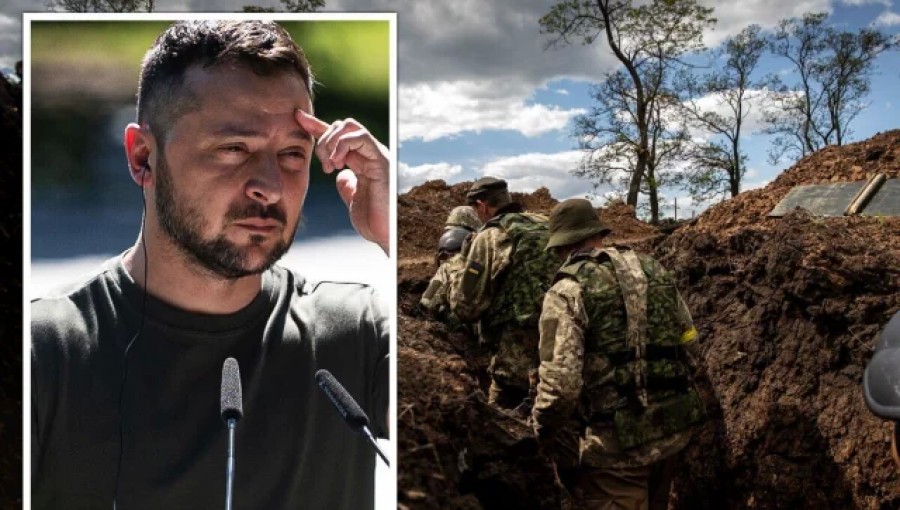

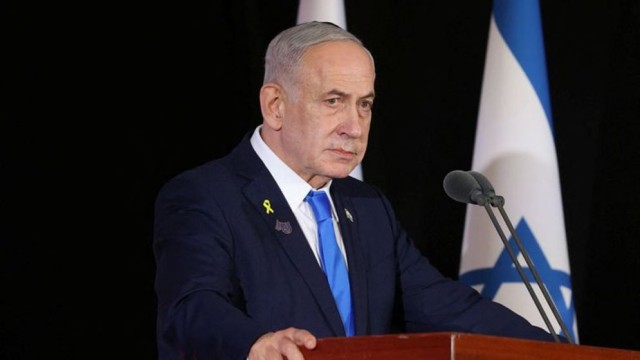
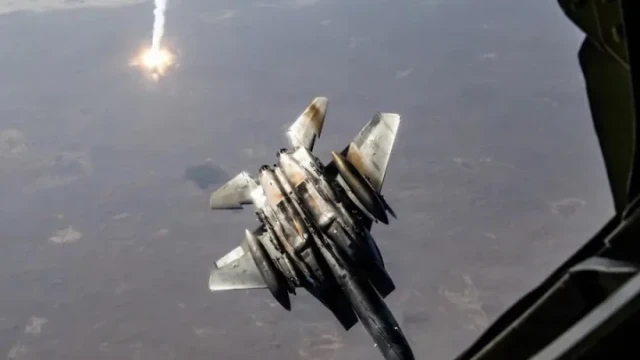
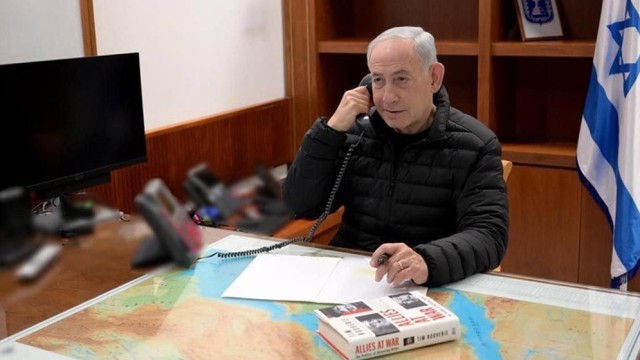
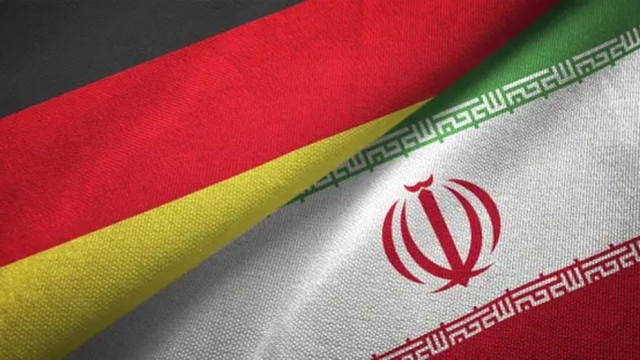
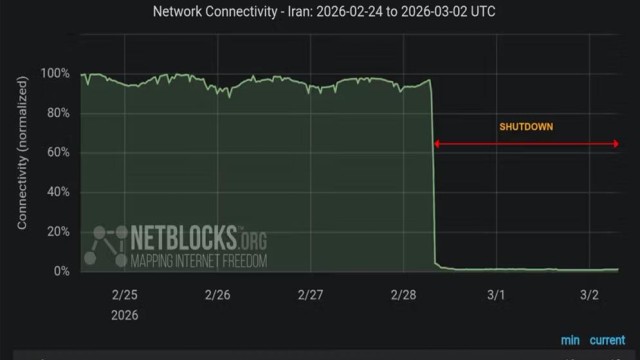
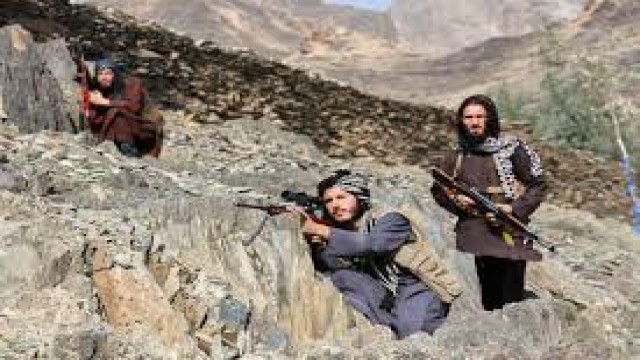
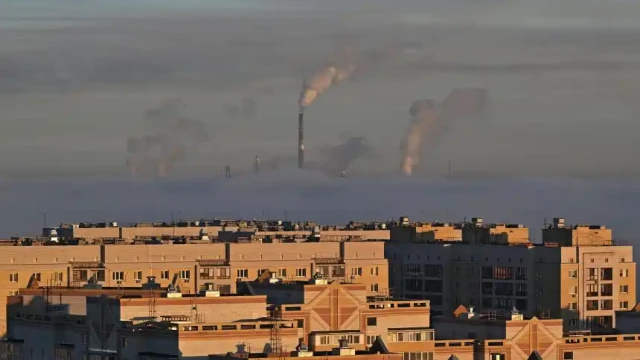
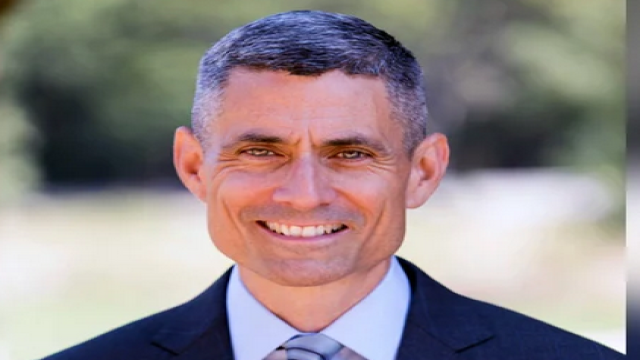
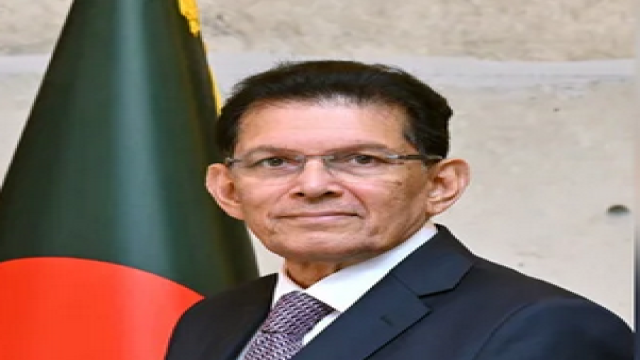
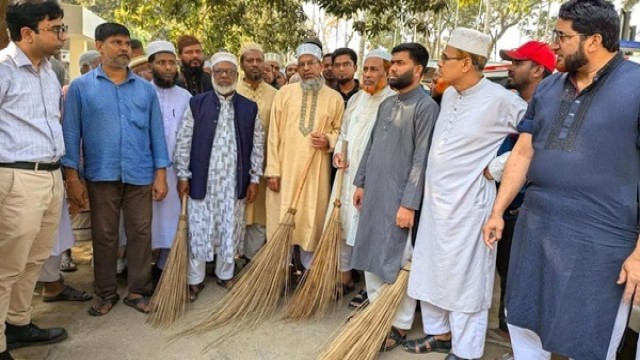


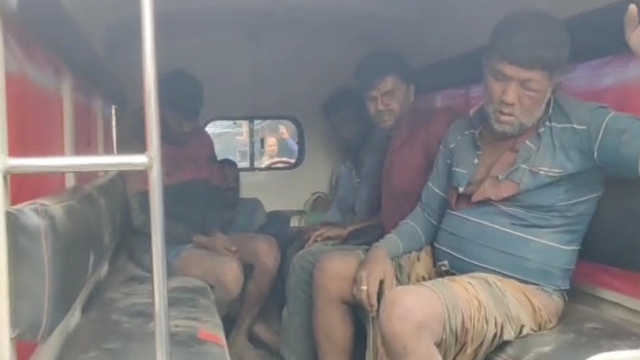











Comment: